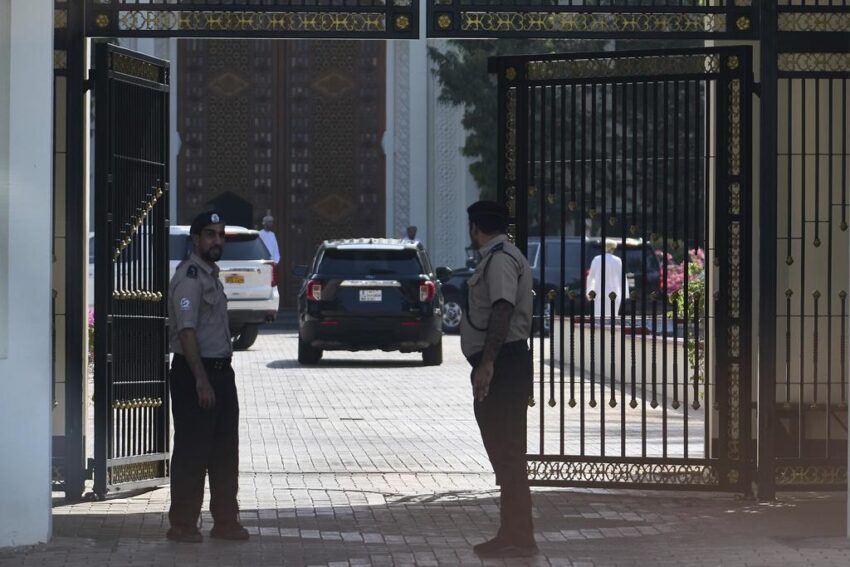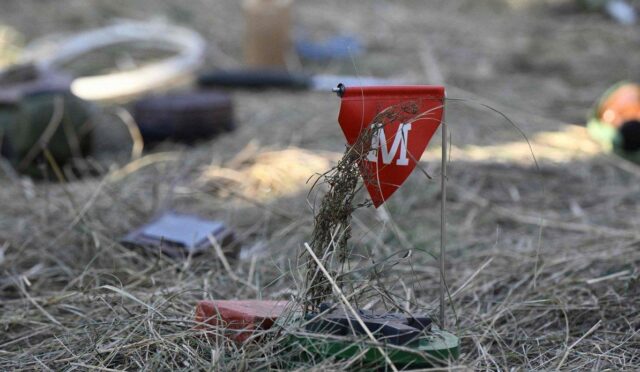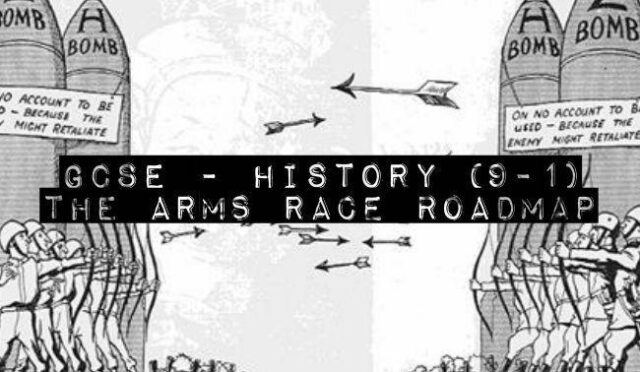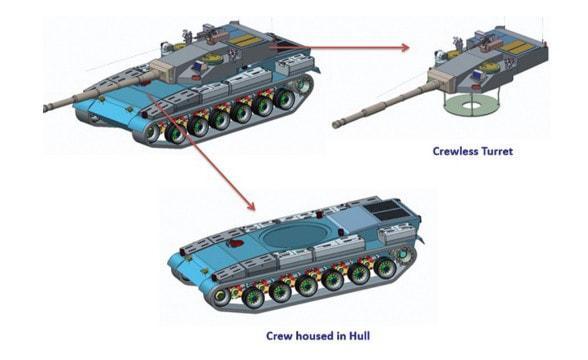Iran, US to Resume Critical Nuclear Negotiations
The United States and Iran will restart crucial negotiations concerning Tehran’s nuclear program this Saturday. This follows a prior round of talks that both parties found to be productive. Iranian Foreign Minister Abbas Araghchi and US Middle East envoy Steve Witkoff will engage in discussions mediated by Oman in Rome, marking the first high-level dialogue since the US exited the 2015 nuclear agreement under President Donald Trump.
These talks come in response to Western allegations that Iran is pursuing nuclear weapons, which Tehran firmly denies, emphasizing that its nuclear initiatives are intended exclusively for peaceful civilian purposes. Since the Islamic Revolution in 1979, diplomatic relations between Tehran and Washington have remained non-existent.
US Strategy and Iranian Response
Upon re-entering office in January, President Trump reignited what he termed the ‘maximum pressure’ campaign against Iran, reinstating several sanctions. In a letter to Iran’s supreme leader, Ayatollah Ali Khamenei, Trump advocated for renewed negotiations while hinting at military action should diplomacy fail. Notably, Trump mentioned, “I’m not in a rush” to engage militarily, suggesting that he believes Iran is open to dialogue.
On the other hand, Araghchi acknowledged a degree of seriousness from the US during earlier discussions, yet he remains doubtful about their ultimate intentions. Despite these concerns, he confirmed Iran’s participation in the upcoming negotiations, indicating a willingness to pursue dialogue even amid uncertainty.
Nuclear Capabilities and International Concerns
Rafael Grossi, the head of the International Atomic Energy Agency (IAEA), highlighted in a recent interview that Iran is now alarmingly close to possessing a nuclear weapon. This warning comes after the US withdrew from the 2015 agreement, which was designed to limit Iran’s nuclear program while easing economic sanctions. Following the US exit, Iran initially complied with the deal but gradually reduced its commitments.
Currently, Iran enriches uranium to a level of 60 percent, significantly above the 3.67 percent cap established in the 2015 accord but still below the 90 percent enriched uranium level deemed necessary for weaponization. The situation has prompted US Secretary of State Marco Rubio to urge European allies to activate the ‘snapback’ mechanism related to the agreement, as the window for such action closes in October.
Sanctions and Negotiation Limits
Iranian diplomats have underscored that the discussions should focus exclusively on its nuclear program and the relief of economic sanctions. Araghchi noted that a deal could be feasible if the US sets aside what he described as ‘unreasonable and unrealistic’ demands. However, no further details were provided on what these demands may entail.
Experts speculate that any US proposal may seek to address not just Iran’s nuclear efforts but also its ballistic missile program and military support for regional allies. Araghchi firmly reiterated that Iran’s right to enrich uranium is ‘non-negotiable,’ despite calls from Witkoff for a complete halt to Iranian enrichment activities.
Regional Dynamics and Security Concerns
Iran’s military capabilities also emerged as a contentious topic, with the Islamic Revolutionary Guard Corps asserting that these matters are non-negotiable. Reports suggest that Iran views its regional influence and missile capabilities as ‘red lines’ in the ongoing negotiations, indicating strong resistance to any limitations on its military strength.
In conjunction with these developments, the Israeli government has reaffirmed its commitment to preventing Iran from developing nuclear weapons, asserting their intention to take decisive action as necessary. Meanwhile, Ayatollah Khamenei has cautioned Iranians against placing too much hope in the negotiations, suggesting that the outcomes are uncertain and could vary significantly.







